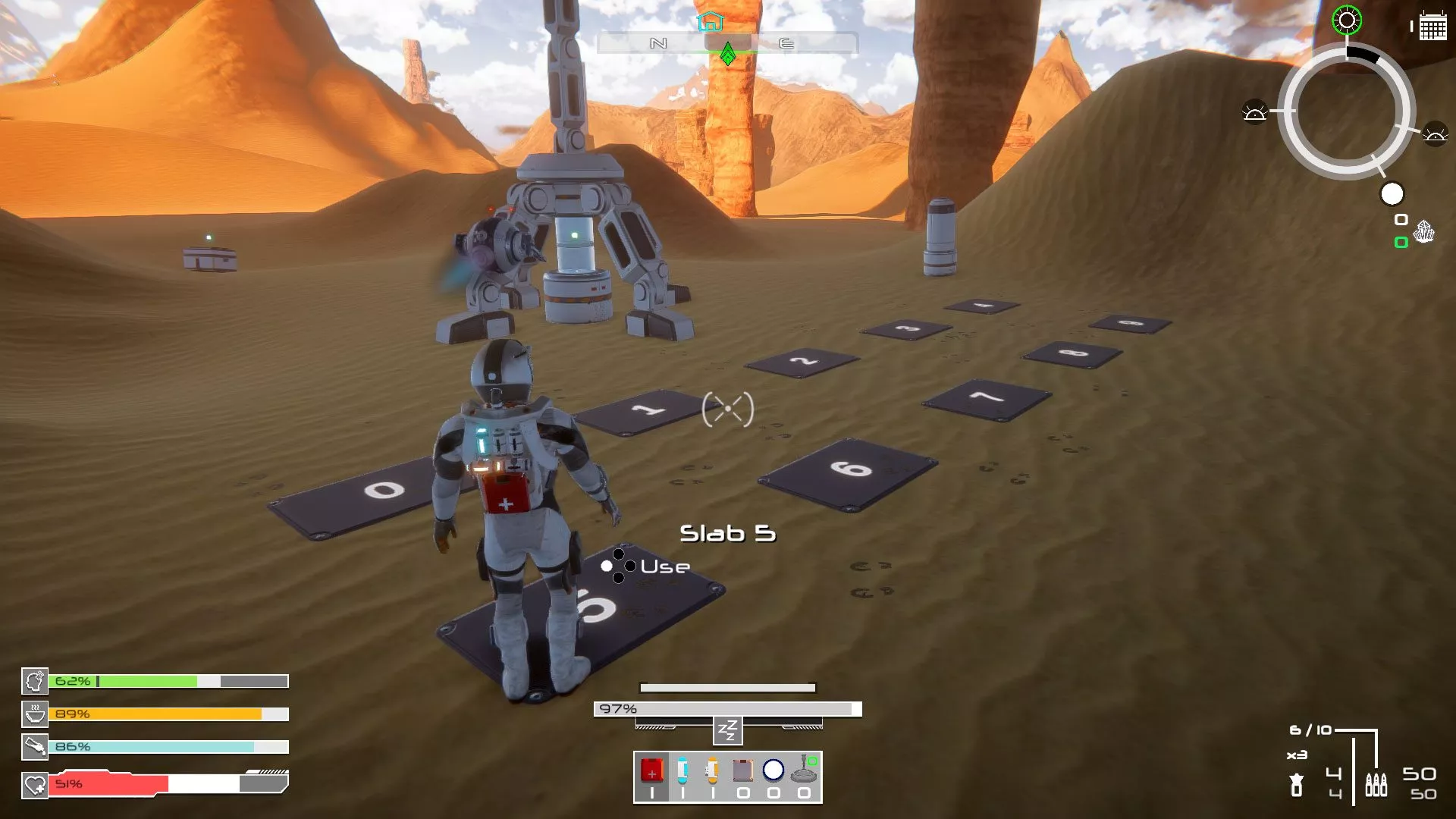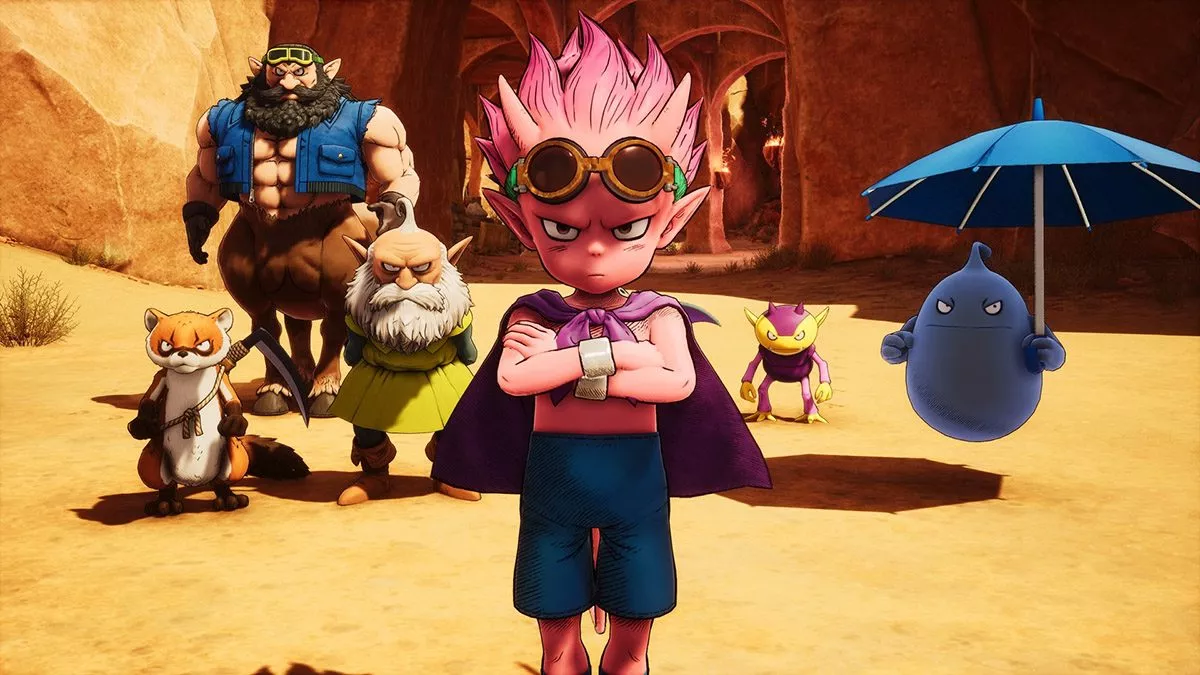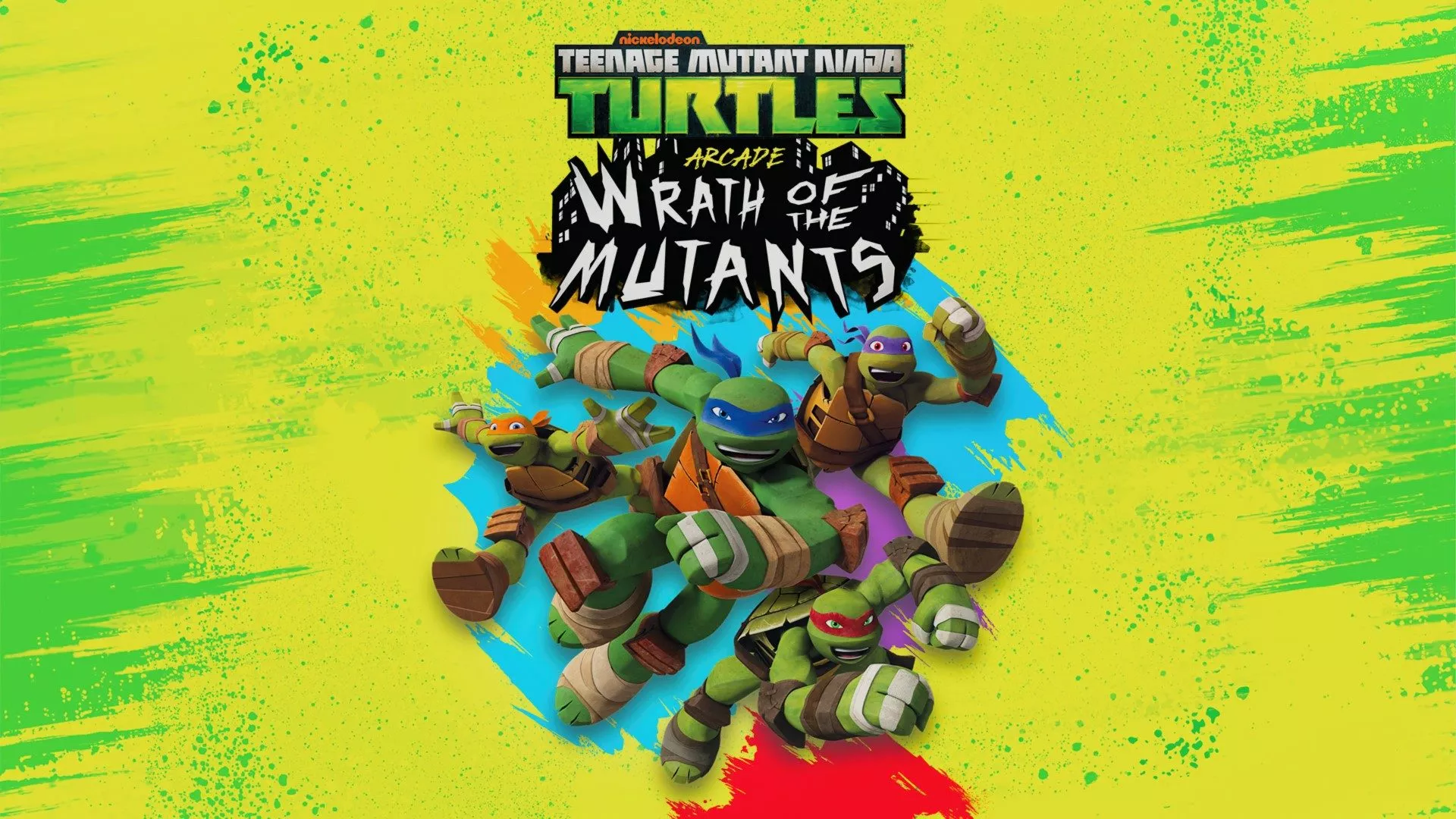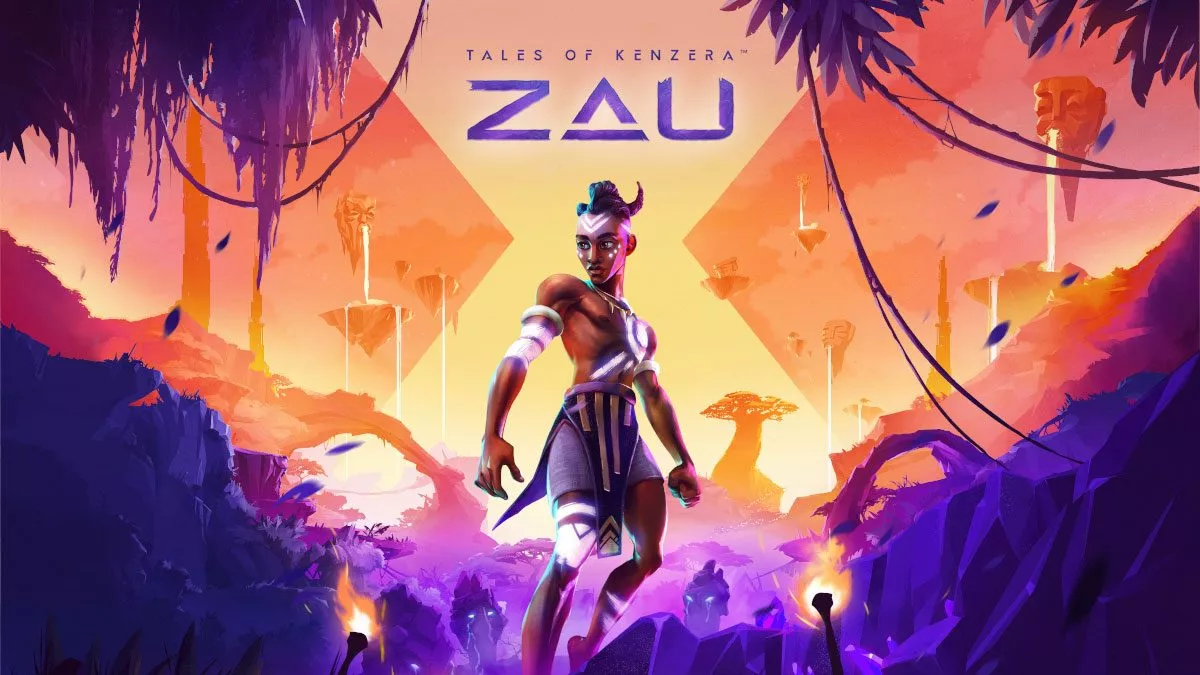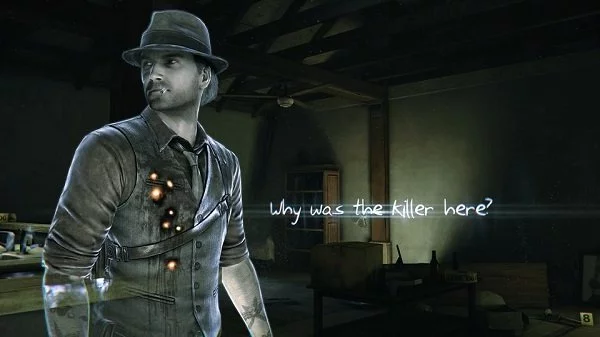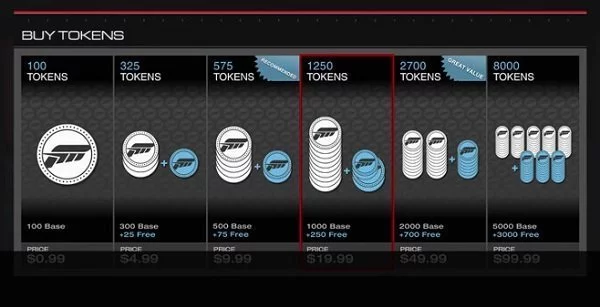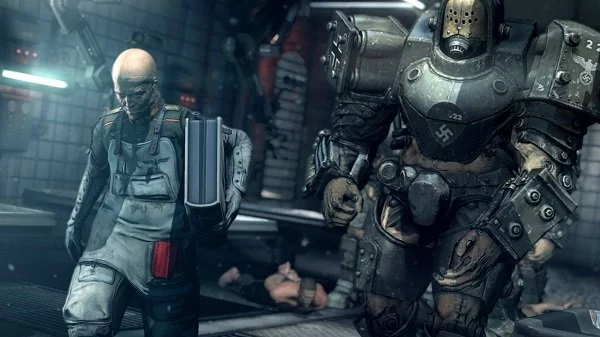Microsoft versus Sony, Battlefield versus Call of Duty and Forza versus Gran Turismo. These are some of the rivalries that can get people talking about console wars. “Game On or Game Over” is your place to get inside the minds of Nicholas and Andy as they seek to find the true meaning of gaming and tackle some of gaming’s most controversial subjects. Both are award winning authors – although the awards haven’t been mailed or created yet — but trust them. Would they lie to you?
Nicholas: While it hasn’t been discussed in the news lately, there have been multiple points over the past few years regarding the inevitable demise of the motoring industry in Australia. When the global financial crisis hit the United States (and the rest of the world) in 2008, the Australian government provided financial packages to local manufacturers to keep them in business, and I can recall that something similar was done in America too. Now you’re probably wondering what relevance this has to gaming – and here’s the connection. A few months ago it was announced that a manufacturing plant was being closed and the business relocated off-shore due to production costs. The talk of various plants shutting down as costs became increasingly expensive made me think about development studios closing in the gaming industry.
Anyone who keeps abreast of the latest gaming news is sure to aware of how often it seems development studios are being shut down as of late. As a matter of fact, it was only announced earlier this week that Xbox Entertainment Studios was closing, and you only need to go back two weeks’ worth of news to remember that Airtight Games (developers behind the recently released Murdered: Soul Suspect) had shut down too. To give another example, it wasn’t long after the release of L.A. Noire a few years ago, a Rockstar title, that Team Bondi shut down its doors.
Much like how the production of cars moving off-shore won’t mean the end of cars being produced, the closure of development studios won’t mean that our favourite hobby will eventually disappear too, but it does make you think about the current state of the gaming industry and where it’s going. To kick things off this week, what do you think is the reason we see so many studios close their doors – and particularly after they release their titles too?
Andy: There’s two things that we need to consider here. First, I think the video game industry is a very unique animal. It’s not a “normal” production-type job where you can create something by training a few people to load a machine and push a button. There are multiple levels to game making, graphics, sound, story, engine, testing, etc. Sure, some of those could probably be outsourced such as most sound effects but the majority of game development is in-house and requires a certain skill set. No matter where a studio is, those skilled workers would still be needed. The only thing that may be cheaper for the company would be possible taxes and tax breaks.
Secondly, there seems to be a very cyclical nature within the gaming industry in terms of developers. From my observation, a majority of developers swell their ranks as they lead in to a game’s release. Bringing in people to help during the crunch time and meet deadlines. Once the game is released they become redundant and part ways. Also, as a gamer we think of developers as these super-rich companies that drive sports cars, have huge houses and all the trimmings. The reality is, aside from a few of the really successful developers most live game by game and if the next title they release doesn’t hit sales figures, projections, or expectations, it can throw a wrench into their whole studio.
Look at Airtight Games as the perfect example. Some people loved Murdered: Soul Suspect while others really disliked it. There wasn’t a lot of middle ground, at least which I saw, for the game. No doubt that impacted sales and created a chain of events they couldn’t recover from which is a shame because it seemed like they were trying to do something different with their title. Even developers that have a solid track record aren’t immune to closing though. Look no further than Cryteck, for the most part a widely respected developer and working on Homefront 2: The Revolution, yet if the rumors are true the studio is a mess with no senior management due to people walking out after not being paid on time.
I think the profit margins for games has gradually been shrinking more and more. Development and marketing costs go up yet for the most part a normal retail game has stayed the same price. It’s my belief that this is one of the biggest reasons we are seeing microtransactions and more and more DLC. The reality is though those things can only make so much. Add the wrinkle of developers having to answer to investors and make projection targets further complicates things. It’s certainly a worrying trend though as more and more developers will shy away from taking risks and trying new things. Smaller developers will be absorbed by larger ones (just look at Infinity Ward and Neversoft merging), and we will see a further dilution of new games. In addition, we’ll get more of the same Call of Duty, Assassin’s Creed and Battlefield sequels. This is one reason I am increasingly thankful for indie developers. To come back to your question though, the rate of developers closing their doors or being absorbed by other studios, should gamers be worried about that? Do you have the same belief that these closures will ultimately lead to fewer new games on the market?
Nicholas: If nothing else it’s something that gamers should be mindful of over the next few years to see what impact (if any) it could have on the industry. Studio closures are not uncommon and up until now we’ve yet to see a significant reduction in the games that are being released. Granted it does seem at times that there is a lack of new IPs, but we’re still new into the current generation (hell, developers are still making games for the last consoles) so it’s hard to tell. Mentioning the indie studios does make me think though. As we’ve discussed in the past, while most indie games can’t compete with AAA titles as far as scale and detail are concerned, there’s no reason why a small game made by a team of 10 can’t be as fun, if not more enjoyable, than a title developed by a group of 100. Do you think that perhaps these studio closures might result in a fall in AAA titles, but a greater increase in indie-type games entering the market? Do you think we could ever see a change (if not a dramatic one, at least a more substantial one) in the type of games, as opposed to the number of games, being offered?
You speaking about the fact that gaming costs have increased yet the price of games haven’t, is something I’ve honestly not thought about before, and now that I do, it certainly raises some interesting thoughts. I could be wrong here, but as a kid I remember the average game on both my N64 and my GameCube costing around $100AUD each. With the Xbox 360 I started to look into pricing a little more closely, and especially in the past year or two I’ve noticed games dropping down to the $80 mark (excluding EB Games which tends to sell titles between $100-$120 a pop). Now of course, as technology improves so do the possibilities, and this is why worlds in games are becoming more detailed and expansive. That said, as technology improves, shouldn’t content creators become more efficient at using it? I haven’t got a clue at what is involved in creating a game and I won’t claim to know otherwise, but wouldn’t you expect that as time passes each development studio would get used to how to get the most out of each console without breaking the bank? Granted there’s that teething stage for new companies and all studios at the beginning of a new generation, but we saw closures happening at the end of the last generation!
The fact that these companies could be relying on practices like microtransactions and DLC bundles for extra income makes you wonder– why is it so difficult for these developers to remain afloat? Excluding PC gaming, I wouldn’t expect piracy to be such a major issue. Would I be out of line to suggest that these companies are just… inefficient?
Andy: I’m not sure inefficient is the word I’d use to be honest. I think it has more to do with bloat than it does inefficiency. Those big developers have a lot of people on their teams in all sorts of positions. Just look at the end credits of say an Assassin’s Creed game for instance. When the end credits take over five minutes to finish that’s a lot of people with their hands in the game at some point. They often rival the credits of big movies in terms of number of people. Naturally, when you have that many people, a marketing campaign, distribution, etc. the costs will be high. Sure, over time developers can learn to better utilize their time and resources for hardware but I don’t think that really cuts down much of the cost of development. Especially when a lot of fans are clamoring for something new and innovative. As much as I have complained about microtransactions and DLC in the past I understand the “why” behind it. Developers are between a rock and a hard place. Raise the price of a retail game and piss-off fans, keep the price of a retail game and bleed-out money, or keep the price and augment it with DLC/microtransactions and irritate the fans but make enough money to be able to make the next game.
I won’t go so far as to say that AAA games will fall, I don’t think that will ever happen, but what I do think will happen is there will be fewer AAA games in the future. Due to a couple factors, cost to produce them, publishers/developers not wanting to take as many risks, and talent being less inclined to work with big studios. I read an article last week about how high-profile developers are leaving the big studios and embarking on more personal projects in the indie realm and the variety of reasons behind it. Just taking a look at some of the names on the list you can see how things are shifting. Names like Cliff Bleszinski (Gears of War), Keiji Inafune (Mega Man), David Goldfarb (Mirror’s Edge/Battlefield), David Jaffe (Twisted Metal/God of War) and Patrice Désilets (Assassin’s Creed) are just a few who have left to create their own indie projects. Those are some heavy hitter franchises and certainly some creative people.
It’s another Catch-22 though for gamers. On one hand they are all working on new and creative indie games and being that they all started their own companies they have one hundred percent creative control, they are no longer playing to the beat of someone else’s drum which is good for their respective games. On the other hand, they are all very talented people and regardless of what you think of any of them as a person, a developer losing them has to replace them with someone and my worry is that the person who replaces them may not have the ability to push for change and be a simple “yes-man” to the investors and suits that think gaming is only about making money. I think we’ve already started to see some of that; Gears of War Judgment sticks out to me as a game that probably didn’t need to be made.
I think it’s safe to say that indie games won’t be able to match AAA games across every metric, but the thing that matters most is if the game is fun or not. That’s what it all comes back to for me. Who it’s made by or what the games’ budget was doesn’t matter to me when the controller is in my hand and I’ having a blast. I think the rise of Indie games will force AAA games to adjust how they do things, hopefully it’s for the better. Do you think indie games will push those big AAA games to adjust or do you think the likes of Call of Duty and Assassin’s Creed will act more like The Incredible Hulk and have the mentality of just smash everything that opposes them? Is one of those necessarily better for the industry, or should there always be different playing fields for each of them?
Nicholas: I wouldn’t think that indie games are going to radically change the way AAA games are made, but like any game, I have no hesitation that different developers will see how the other side is making theirs, what mechanics they are including and what the community’s reception is, and see how they can incorporate those elements into their own. It’s not to suggest that developers ‘steal’ different ideas, but I think gaming would be at a lost if we couldn’t see what kind of things the competition is doing and see how we can use their ideas to make our products better (e.g. free-running).
The industry needs to have both sides making games – we need the AAA developers to make those massive titles like Wolfenstein The New Order and Need For Speed, but you also need developers to make games like Journey or Fez. Just like how, no matter how much I love cars, I’m not interested in playing racing games 100% of the time, the gaming community needs those smaller and simpler games to break up each annual release of Assassin’s Creed, Call of Duty and FIFA.
Moving on but going and back towards the political discussions I started this week’s article with, there was a lot of frustration amongst local indie developers when the Federal Budget was announced a few months ago. Reason being, it was announced that the government was going to be pulling all funding ($10 million) from the Australian Interactive Games Fund, a fund which was used by local game developers to assist in the creation of their games. Knowing a handful of individuals who are involved in game development here in Australia, there were comments that this move would significantly impact these studio’s (and student’s) ability to continue working in the industry they so passionately loved. While it’s slightly unrelated, whenever I hear about governments providing funding to industries like automotive or banking, they are sometimes met with comments that such funding is unnecessary and pointless – that it’s up to the companies themselves to either float or sink. Those that can’t remain afloat need to realize that the industry just isn’t profitable in their country and need to look into other avenues/industries to continue making money. Do you think the same of funding for local game development? Should the government fund industries like local game development to assist these smaller companies, or does it show that it’s a market that’s unfortunately too difficult to crack into if you’re a small fish?
Andy: Oh man, that’s a really tough question for me to answer. On one hand the gamer in me wants developers to have all the tools at their disposal to make the best games they can. On the other hand, the realist in me wants a company to be successful only if they deserve it and can properly manage the limited resources that they have. On top of that, as much as I enjoy playing video games and how big a part of my life gaming is, I cannot justify the government spending tax money to support my hobby. There are so many other things infinitely more important than funding video games things like education, public infrastructure, housing, food for the poor, health care the list goes on and on. There are things that are a necessity and then there are things that are a luxury. Those things that are a necessity and affect more people should always be considered first.
A perfect example of this is 38 Studios. They had secured a $75 million loan guarantee from the state of Rhode Island in 2010 as part of the states’ Economic Development Corporation. They released Kingdoms of Amalur: The Reckoning which for the most part did well. However, things began to crumble and spin out of control coming to a head when 38 Studios bounced a $1 million payment in May 2012. At the end of May 2012 38 Studios abruptly closed its doors to the shock of most employees. Finally, in November 2012 the state of Rhode Island filed a lawsuit against CEO Curt Schilling seeking to recoup some of the money lost. The reality is that Rhode Island will probably never see much of that money and it’s the taxpayers that are ultimately left on the hook for that. Just sit back for a moment and think about the number of other programs that could have used $75 million dollars. Even I can’t defend that kind of money going down the drain and I personally really enjoyed Kingdoms of Amalur.
We both write reviews and other articles about the game industry for a gaming website, needless to say we both love gaming. However, as we’ve already talked about the gaming industry for all its positives, it is a fairly volatile one. Sure there’s a lot of money to be had if gamers really latch onto a game, but if gamers shy away from a game for whatever reasons fortunes can crumble. Even developers that have a strong pedigree and good library of games aren’t immune to closing. Just look at Irrational Games the developer behind the Bioshock franchise who closed their doors earlier this year. Indie games are even more of a guessing game, I saw an article a couple weeks ago that around 1,500 games are released on iOS every day. That’s a mind boggling number and highlights how extremely difficult it is for an indie game to make a splash and generate significant revenue. I’d love for every game to be successful and make money but the reality is that a very small percentage of them will ever become a hit so it’s not the most prudent decision for the government to use taxpayer money to fund them.
I think it’s a bad precedent to set because once you start funding an industry then other startups in other industries will be holding out their hands as well. Where does it stop once it starts and who is the one left holding the empty money bag when things go south? The taxpayers. I want the gaming industry to be as successful and vibrant as it can, be it has to be self-supportive. That’s what the publishers are there for, they supply the cash for development and front the majority of risk involved. The downside is they also get to keep their hands in the product and influence design decisions. If the developer doesn’t want to go that route then they need to raise the capital needed themselves and not from taxpayers. Sure that’s a strong stance to take, but if Australia is anything like the United States there are already enough pet projects and programs draining money the way it is. I’m curious though, since you’re literally on the other side of the world, are we in agreement here or do you see things differently for your part of the world?
Nicholas: For the greater part, I agree. Speaking with some of these indie game-makers, I can certainly understand how some assistance from the government would come in handy. The gaming industry is a tough market to break into if you’re not picked up by a major developer/publisher, and any help when you’re starting from the ground-up would certainly be appreciated. I think it’s even more difficult in Australia when most titles are created in Europe/Japan/the States – so we’re even further on the back-foot. I can see the argument to help create a stronger entertainment industry in the country, but at the same time, you can’t ignore the “focus on necessities first” argument you mentioned above.
To close out this week’s article I wanted to continue on this final point, but focus the attention not on developers, but more on people like you and I. Ask most video game writers and journalists how profitable this industry is (that is, the media) and you’ll probably get the response “not very”. Each time I attend a meet-up with different members of the media not one person rolls up in a Bugatti – or even a Ferrari. A lot of us do this not for payment but more so because it’s a hobby/passion. Some make decent careers out of them if they manage to work for a major publication, but often we accept whatever freebies we can and make time outside our day jobs. Do you think, for the greater part, that being a member of the video game media will ever be profitable for writers, or do you think we need to come to the realization that for the greater part it’ll just be something we do out of fun, that will never reap significant monetary rewards? If not, do you think that’s what keeps the industry honest? Alternatively, with online vlogging becoming increasingly popular and for some, fairly profitable (e.g. PewDiePie), could we be seeing a change?
Andy: If you look at the number of gaming sites out there now, and with more and more always popping up, it’s only common sense to realize that a very few will make legitimate good money off of covering games. Unless you are writing for one of the big conglomerate sites that often rely on click-bait type headlines and the sheer number of posts chances are pretty slim of making a significant amount of money off it. Yet, many of us still do it. So if not for the money, then why? Why do we rush through games, why do we stay up until 3 AM working on our latest review to meet a deadline, and why do we put our thoughts out there for others to ridicule us and tell us how wrong we are? There are so many reasons not to get into the gaming industry, yet many of us still do it.
In many ways it’s mirrors that of game development. Those who make a lot of money are not nearly as many as those who don’t make much, or anything. Yet, there’s always a new indie game around the corner, just like there’s always going to be someone sitting behind a computer screen frantically pounding out a review. Making an indie game is usually something that comes from the heart and is powered by passion to create. I have no idea how to code a game but I have a passion for the industry so I write. I write reviews, I write opinion pieces and I write these Game On or Game Over articles. All my writing, and I’d assume the same can be said for most writers, is done because I love talking about games because they are a part of who I am. That doesn’t mean that I should petition the government to help me pay for a new console and a new computer so I can continue on following this passion of mine.
Sure there will be hits that come out of the indie game circuit such as Minecraft, but for every Minecraft there are one hundred, maybe even one thousand, games that just don’t go mainstream. I’d hazard a guess that’s it’s very similar to those who cover games. Like you said though, the one thing that ties everyone together is passion. Either passion in making games or passion in covering them. No matter which side of the isle you are on, we can all agree that games are a big part of our lives. Yet, no matter how big gaming is in my life I cannot expect my next door neighbor who doesn’t even know what Tetris is, to willingly put some of her tax money into making the industry that I love better. That’s on us as gamers to support those developers that we love and to make sure those who listen to us know about all those fantastic sleeper titles that they may have missed. With sites like Kick Starter out there, now more than ever gamers have the ability to get behind things at a grassroots level and see them through to the end. I’d rather have gamers be able to pick and choose the ideas they support versus who is better at filling out paperwork for government assistance to make a game. Maybe it’s just me, but I’d rather have gamers be in charge of moving the industry forward than politicians handing out money to whomever based on whatever criteria they decide.
Tune in next time for the next instalment of Game On or Game Over. If you have any ideas for our next article, feel free to contact Andy or Nicholas on Twitter.
This article may contain affiliate links, meaning we could earn a small commission if you click-through and make a purchase. Stevivor is an independent outlet and our journalism is in no way influenced by any advertiser or commercial initiative.





